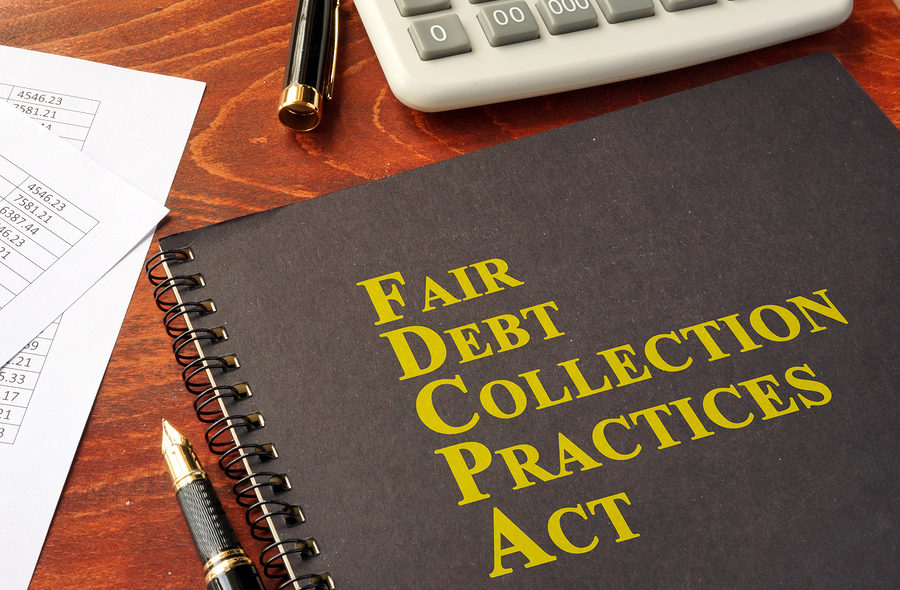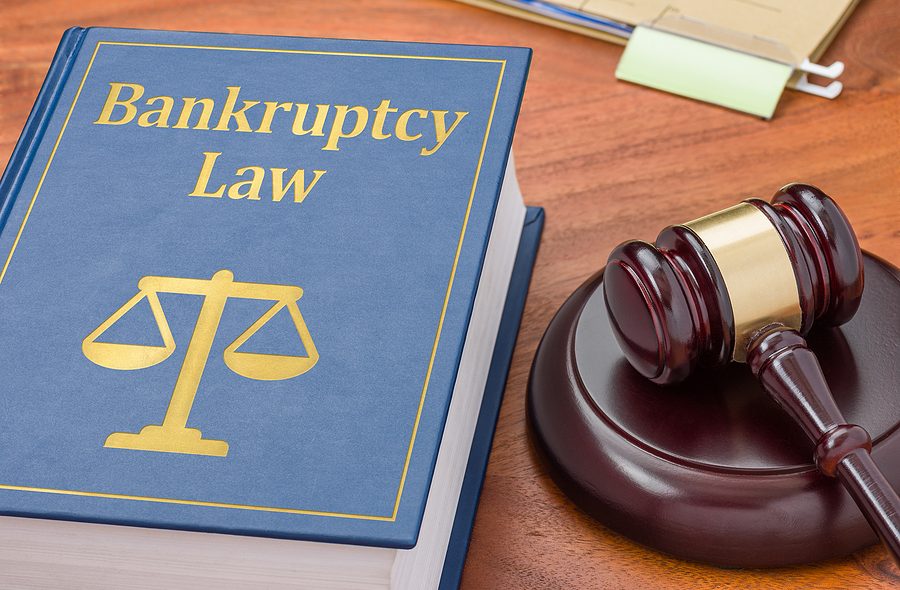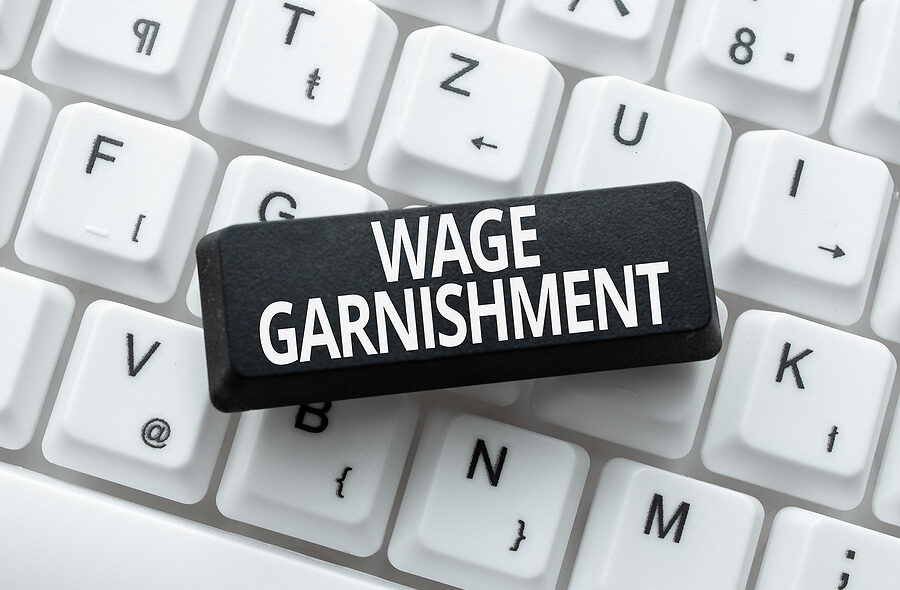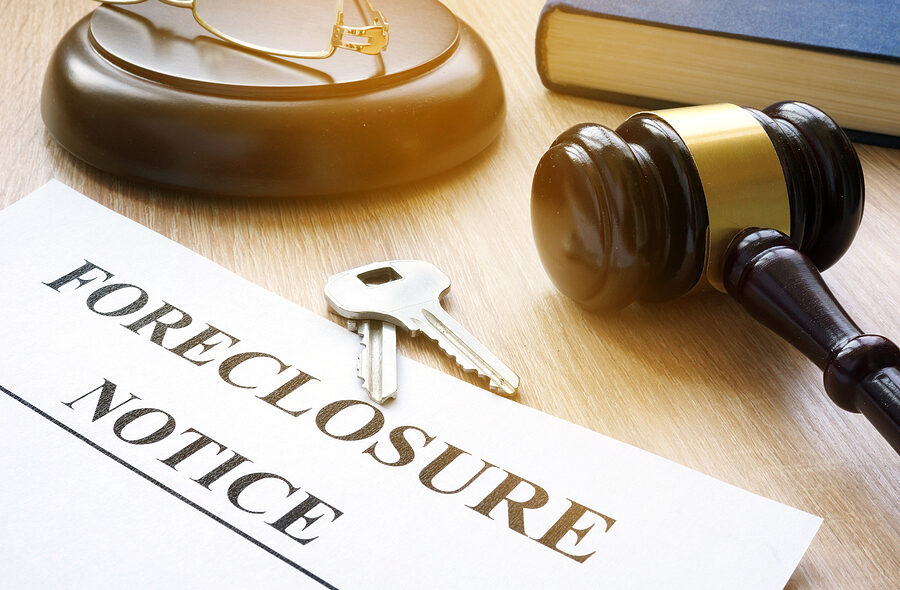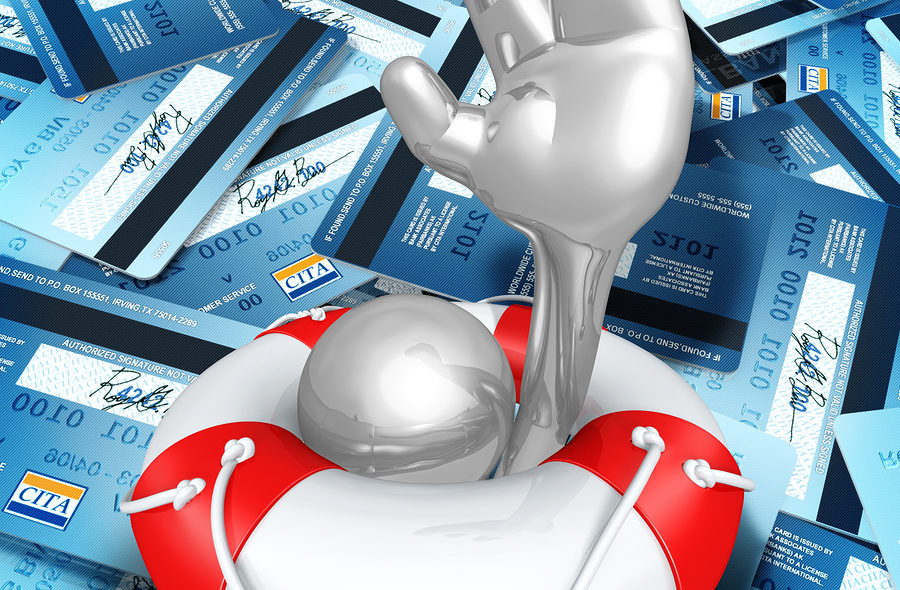Most people never expect to fall behind on their debts. Sometimes, however, circumstances beyond a person’s control result in them being contacted by a debt collector. This is not uncommon today. In fact, 77 million American consumers or 35 percent of all adult consumers have a debt in collection.
Being on the receiving end of debt collection phone calls and other communication can be extremely stressful. Debt collectors are paid to do whatever they can to get a consumer to pay off a debt, which often results in the collectors trying to reach the consumer through phone calls, emails, texts, and direct mail so much that it borders on harassment. However, federal law prohibits certain behaviors from third-party debt collectors to protect the consumer.

